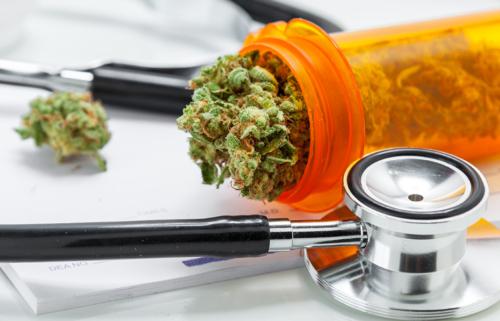Extreme greed reigns on Wall Street. Here’s why investors are so confident

It seems like nothing can go wrong on Wall Street these days.
Stocks are at all-time highs as investors bet there will soon be a “phase one” trade deal between the United States and China. Restrictions on some US companies selling to Chinese equipment giant Huawei may soon be lifted by the Trump administration.
Helping to lift investor sentiment further: the latest round of corporate earnings reports, which have been largely better than feared. And Friday’s jobs report for October showed continued steady gains in employment and wages.
The Federal Reserve has also helped juice the market with three interest rate cuts this year.
These factors have all helped to push the VIX, a measure of market volatility that is often referred to as Wall Street’s fear gauge, down about 50% this year. The VIX is not far from its 52-week low.
And the CNN Business Fear & Greed Index, which looks at the VIX and six other indicators of investor sentiment, recently popped back into Extreme Greed territory. Just a month ago, the index was showing strong levels of fear.
Is this euphoric shift on Wall Street too good to be true?
Investors may be too giddy to diversify their investments if financial conditions start to turn south. That’s especially evident when looking at how well tech giant Apple, Microsoft and Facebook have done this year.
“As the economy transitions to a path of slower growth, investors have a similar need to be prepared by tempering their expectations,” said David Kelly, chief global strategist with JPMorgan Funds, in a report Monday.
Kelly added that investors need “the discipline to look for better returns through overweighting undervalued sectors and maintaining appropriate global diversification.” In other words, don’t just bet on the FAANGs and other hot momentum techs in the US.
Stocks nearly priced for perfection but bull may not be dead yet
William Delwiche, investment strategist with Baird, is also concerned about investor complacency. However, he pointed out that stocks typically rally at the end of the year, so this recent move higher shouldn’t be that surprising.
“The market is expecting good news at this point. We’re priced for, if not perfection, some pretty good outcomes. But do we have too much optimism? That’s a really tricky question,” Delwiche said in an interview with CNN Business.
Still, some experts aren’t nearly as worried about what’s next for the market.
“I was concerned that investors were overly pessimistic going into the third quarter. But there’s been steady wage growth and low inflation. We have good fundamentals,” said Nela Richardson, investment strategist at Edward Jones.
Richardson told CNN Business that earnings, which are expected to fall slightly from a year ago in the third quarter, may be close to bottoming out as well. She believes profits will go up in the fourth quarter and throughout 2020 — albeit at a slower pace.
“Earnings growth, while much more moderate than in the past, will be enough to keep the bull market running — or at least trotting,” Richardson said.
Odeta Kushi, deputy chief economist with First American, is fairly confident as well.
“We’re watching consumers right now. They are a measure of the real economy. Consumer spending has still been stronger than expected,” Kushi said.
All about what’s next in the trade war
So if consumers are still expected to keep spending, then what could derail the bull market and economic expansion? A setback in US-China trade talks.
Richardson thinks the US and China don’t need to reach a sweeping trade deal to satisfy investors.
“The markets will continue to be patient with trade as long as there is progress. What shakes the market is when the sides aren’t talking,” she said.
But Baird’s Delwiche is concerned that if a trade agreement between the US and China finally is announced, stocks will fall because the expectation of a deal was already priced in to stocks.
“Hopes for a trade deal have been something the market has continuously rallied on. So to some extent you may get more risk once a deal is settled. We’ve rallied on the same ‘a trade deal is near’ news so many times,” Delwiche said.
He added that if a deal does come to fruition, investors may turn their focus on the slowdown in the global economy. While a trade agreement could temporarily stop the bleeding, Delwiche said, you “still have to address the health of the patient.”




